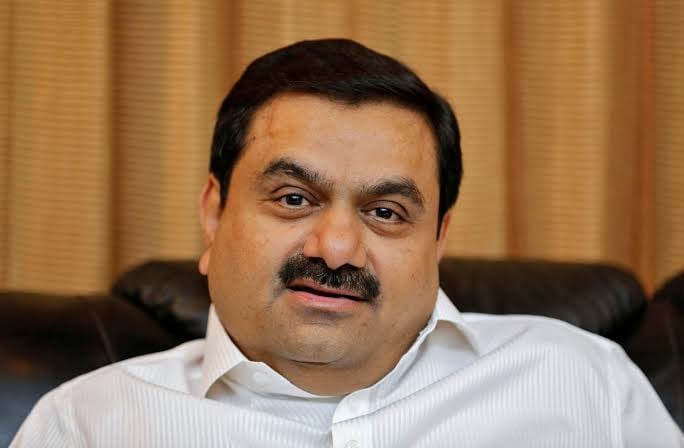NEW YORK: In June of 2020, a renewable energy company owned by Indian billionaire Gautam Adani won what it called the single largest solar development bid ever awarded: an agreement to supply 8 gigawatts of electricity to a state-owned power company.
But there was a problem. Local power companies did not want to pay the prices the state company was offering, jeopardizing the deal, according to US authorities. To save the deal, Adani allegedly decided to bribe local officials to persuade them to buy the electricity.
That allegation is at the heart of US criminal and civil charges unsealed on Wednesday against Adani, who is not currently in US custody and is believed to be in India. His company, Adani Group, said the charges were “baseless” and that it would seek “all possible legal recourse.”
The alleged hundreds of millions of dollars in bribes promised to local Indian officials caught the attention of the US Justice Department and Securities and Exchange Commission as Adani’s companies were raising funds from US-based investors in several transactions starting in 2021.
This account of how the alleged scheme unfolded is drawn from federal prosecutors’ 54-page criminal indictment of Adani and seven of his associates and two parallel civil SEC complaints, which extensively cite electronic messages between the scheme’s alleged participants.
In early 2020, the Solar Energy Corporation of India awarded Adani Green Energy and another company, Azure Power Global, contracts for a 12-gigawatt solar energy project, expected to yield billions of dollars in revenue for both companies, according to the indictment.
It was a major step forward for Adani Green Energy, run by Adani’s nephew, Sagar Adani. Up until that point, the company had only earned roughly $50 million in its history and had yet to turn a profit, according to the SEC complaint.
But the initiative soon hit roadblocks. Local state electricity distributors were reluctant to commit to buying the new solar power, expecting prices to fall in the future, according to an April 7, 2021 report by the Institute for Energy Economics and Financial Analysis, a think tank.
Sagar Adani and the Azure CEO at the time discussed the delays and hinted at bribes on the encrypted messaging application WhatsApp, according to the SEC.
When the Azure CEO wrote on November 24, 2020, that the local power companies “are being motivated,” Sagar Adani allegedly replied, “Yup … but the optics are very difficult to cover. In February 2021, Sagar Adani allegedly wrote to the CEO, “Just so you know, we have doubled the incentives to push for these acceptances.”
The SEC did not name the Azure CEO as a defendant, but Azure’s securities filings show the CEO at the time was Ranjit Gupta.
Gupta was charged by the Justice Department with conspiracy to violate an anti-bribery law. He did not immediately respond to a request for comment.
Azure said on Thursday it was cooperating with the US investigations, and that the individuals involved with the accusations had left the company more than a year ago.




